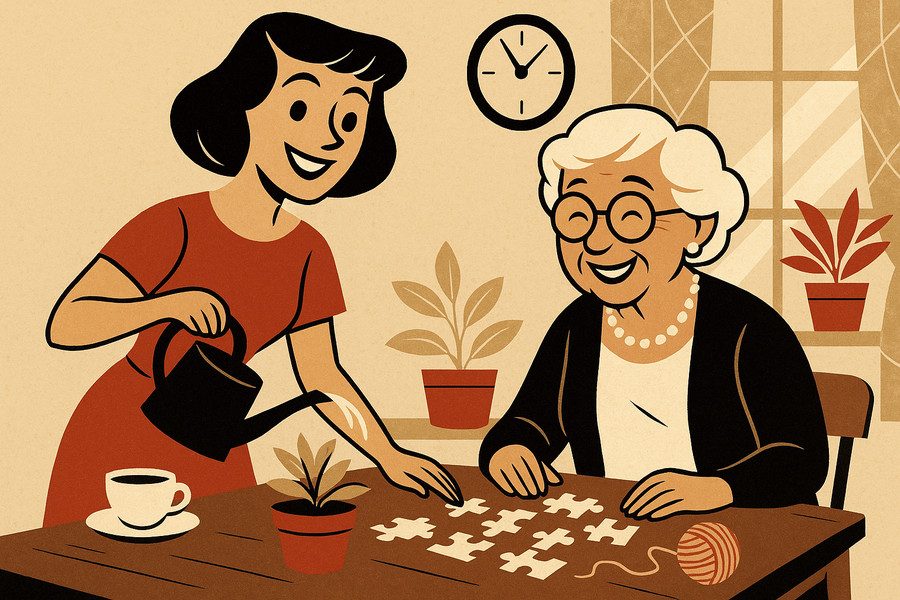Why Dental Health Matters in Dementia and How to Maintain It
There are many reasons why dental health matters in dementia. This is warm, practical advice with gentle routines, caregiver tips, and easy tools to keep eating, comfort, and overall health on track. A Cup, a Toothbrush, and a Tuesday You’re in yesterday’s sweater again, sleeves sliding over your hands. The light is kind, pale on…







